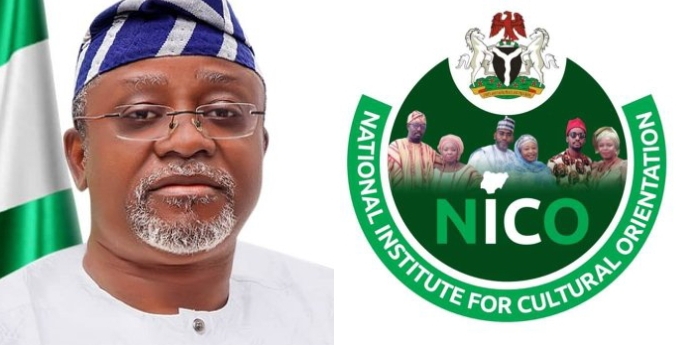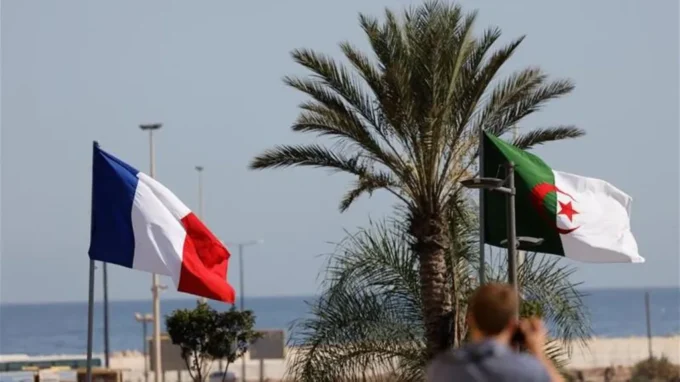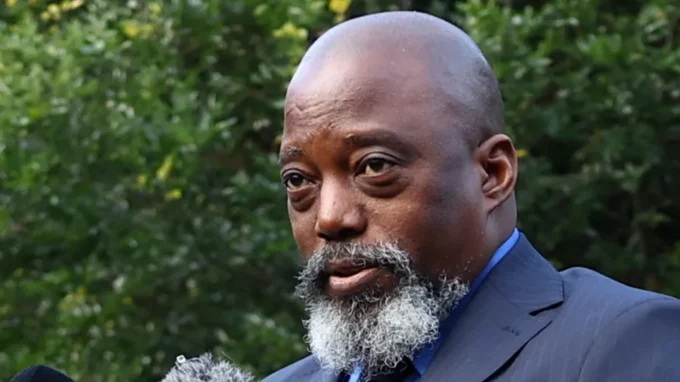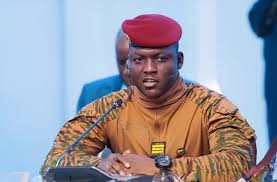Nigeria’s National Institute for Cultural Orientation (NICO) has announced an ambitious initiative to create a unified national language as part of broader efforts to promote cultural unity and bridge language barriers. The Executive Secretary of NICO, Otunba Biodun Ajiboye, revealed the plan at a press briefing commemorating the International Day of Intangible Cultural Heritage. The initiative represents a significant step in Nigeria’s journey toward cultural solidarity, as the country’s over 500 languages often reflect its diversity but also its linguistic divides. By developing a shared language, NICO aims to foster a stronger sense of national identity and collective belonging across Nigeria’s many ethnic groups.
A Pathway to Unity Through Language
During the press briefing, Ajiboye emphasized the unifying power of language in promoting a cohesive national identity, especially in a country as linguistically and culturally diverse as Nigeria. He noted that NICO’s vision is not to replace Nigeria’s indigenous languages but to offer an additional means of communication that can unite citizens and reduce cultural misunderstandings.
“We believe that establishing a common language will promote unity among us,” Ajiboye stated, pointing out that Nigeria’s linguistic diversity should be seen as an asset rather than a point of division. According to Ajiboye, NICO plans to consult language experts, outline a clear implementation strategy, assess associated costs, and work to incorporate the proposal into Nigeria’s 2026 national budget. By doing so, the initiative can lay the foundation for a comprehensive and sustainable approach to language integration, preserving Nigeria’s rich cultural diversity while establishing a unifying linguistic identity.
Ajiboye emphasized the importance of preserving Nigeria’s cultural heritage through language, especially by encouraging young Nigerians to learn and use their mother tongues. “A person who doesn’t speak their mother tongue is completely lost,” he said, urging parents to pass down indigenous languages to younger generations. This commitment to cultural preservation is not only about creating a unified language but also reinforcing pride in Nigerian identity and heritage.
Reclaiming Cultural Identity
Ajiboye spoke at length about the need for Nigerians to “decolonize” their perspectives regarding indigenous culture. Nigeria’s colonial history instilled the idea that traditional cultural practices were outdated or even “diabolical,” which led many Nigerians to adopt foreign languages, especially English, as markers of social status and education. He encouraged Nigerians to recognize the value of their cultural assets, including festivals, rituals, spirituality, and languages.
“It is important we decolonize our minds and see our cultural festivals, language, rituals, spirituality, and other rich intangible heritage as assets rather than diabolical as we were made to believe,” Ajiboye remarked. As Nigeria plays a leading role in implementing UNESCO’s convention on the safeguarding of intangible cultural heritage, this language initiative can further highlight Nigeria’s efforts in championing cultural diversity and preservation on an international level.
Challenges and Opportunities of Nigeria’s Linguistic Landscape
Nigeria is home to one of the world’s most linguistically diverse populations, with over 500 languages spoken across the country’s 36 states and Federal Capital Territory. English remains Nigeria’s official language, facilitating communication in government, business, and education. However, its prevalence is limited, particularly in rural areas where local languages are deeply rooted and serve as primary means of communication. In addition to English, languages such as Hausa, Yoruba, Igbo, Fulfulde, Ibibio, Kanuri, and Tiv are widely spoken, each representing distinct cultural identities and regional histories.
NICO’s initiative acknowledges that language diversity, while valuable, can also present challenges, especially in communication and education. A unified language could facilitate understanding across communities, enhancing access to opportunities in education, healthcare, and employment. Moreover, by creating a shared language, NICO aims to establish a linguistic bridge, promoting collaboration and mutual respect among Nigeria’s different ethnic groups.














Leave a comment